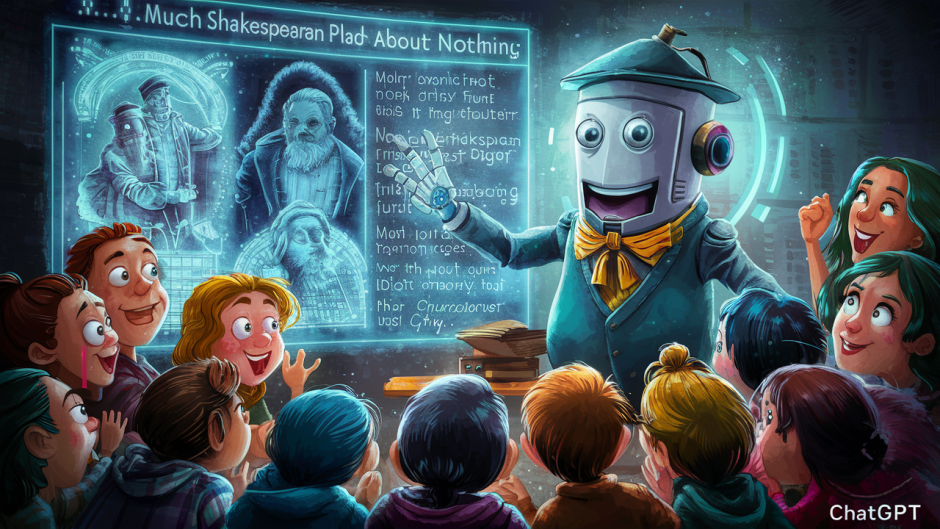The timeless struggles of coaxing pupils to get started on their revision (or homework). This year, as every year, for the past twenty-five years as a teacher, I have been encouraging pupils to get started. This year, I have a far trickier task – encouraging my own son.
I find myself in the trenches of motivational warfare, armed with gentle nudges, encouraging signposts and the occasionally feigned – “Really? That’s new to me, do explain further.” Hoping my son will tell me what his knows on a topic. But fear not, for I come bearing a secret weapon – a three-minute miracle that might just desensitise the situation.
Paralysed by the very thought of revision, the sheer magnitude of the task at hand – I offer you the power of “the three-minute rule.” A simple yet powerful strategy that can work wonders in jumpstarting a teens productivity.
Encourage their commitment to just three measly minutes revision. Three minutes – that’s barely enough time to brew a cup of tea or scroll through a few TikToks. Promise them that if they feel like throwing in the towel after those three minutes, they’re free to do so without judgment or guilt.
More often than not, those initial three minutes will ignite a spark of momentum, if not propelling them forward into a productive frenzy, easing them over the line. The hardest part is getting started. And even if they do decide to call it quits after three minutes, fear not my fellow parents… research has our backs on this one. The Zeigarnik Effect tells us that incomplete tasks tend to linger in our minds, making it easier to pick up where we left off when we finally muster the courage to return.
The Zeigarnik Effect: The tendency for people to remember uncompleted or interrupted tasks better than completed tasks. In essence, when we leave a task unfinished, it creates a mental tension or “cognitive dissonance” that prompts us to remember it until it is completed. This effect suggests that incomplete tasks occupy our minds more than completed ones, which can influence our motivation to return to and complete those tasks.
Now, let’s talk about the ugliest frog – the task that seems so daunting, so repulsive, that we’d rather avoid it at all costs. It lurks in the depths of our revision list, casting a shadow of dread over our productivity. But here’s the thing about ugly frogs – they don’t get any prettier with time. In fact, the longer we avoid them, the more monstrous they seem to become. And should you encounter two frogs – eat the ugliest first.
By embracing the three-minute rule, we’re not only confronting our ugly frogs head-on but also robbing them of their power to intimidate us. Whether it’s a tricky math problem or looming science question, those initial three minutes are our secret weapon against procrastination and self-doubt.
Parents, encourage your little princes and princesses to set the timer and step forward. Who knows? They might just discover that those ugly frogs weren’t so scary after all and that they were merely waiting for someone brave enough to kiss them into submission.
Yours in solidarity,
Dad / Mr Still
PS it works for homework too.



